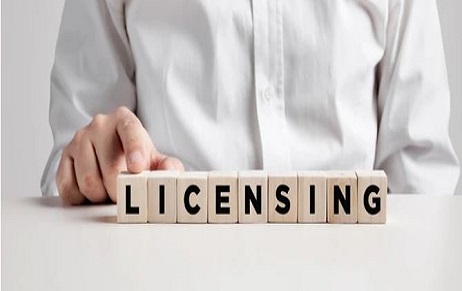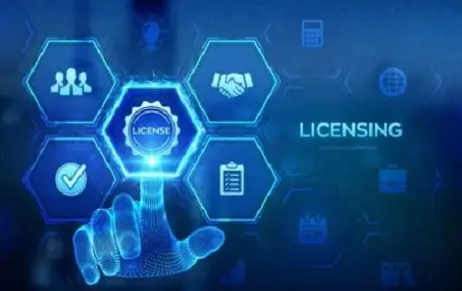Introduction A trademark helps a consumer obtain goods and services of a certain quality and reduces…
Zooming Out On Compulsory Licensing Of Covid-19 Vaccines
The unnerving bio- catastrophe, the COVID-19 pandemic has brought an array of challenges for mankind. The COVID-19 scare at the global level is posing threat to human life and the governments are deeply divided over an effort to endorse a temporary patent waiver on COVID-19 vaccines and grant of compulsory licenses.
What is Compulsory Licensing?

The apparent GOOD of Compulsory licensing
Fearing the hindrance of IP Rights in the timely provisioning of medical products, India and South Africa put forth a proposal seeking waiver of patent obligations before the WTO.
Advocates of Compulsory Licensing have suggested that it is a good measure to solve the problems relating to the manufacturing of the COVID-19 vaccines and related equipment. They argue that granting a compulsory license will be a win-win situation for both the stakeholders and the public. It will help the stakeholders by not depriving them of any rights that they have substantially invested in and further it will safeguard public health with ensured production and supply of vaccines. Another argument raised in the support of a grant of compulsory licenses is the supremacy of the right to health over patent protection.
Why Compulsory Licensing may be a BAD idea?
It is argued that Covid-19 vaccines are new and the efficacy & Internal Technological capabilities of these vaccines demonstrates the potential futility of a compulsory license. Further, it is argued that this solution is ineffective as TRIPS allows for ‘Adequate Remuneration’ to be paid to the patent holder under Article 31(h), however, fails to define “adequate” and the method of calculating royalty. There also exists a risk of retaliation by the pharmaceutical companies which can severely harm the Indigenous Industry. Like in Thailand, after compulsory licensing of Abbott’s HIV drug, Abbott withdrew and stopped selling several drugs in Thailand.
The Delhi High Court in the case of Rakesh Malhotra v. Govt. of NCT India observed that the best course is to encourage the manufacturers to ramp up their production on a war footing. They should be encouraged to grant voluntary licenses to other entities.
Issuing compulsory licenses would only be feasible if the government has a generic producer ready to manufacture sufficient quantities of generics and is technologically equipped. Another setback can be in the protection of trade secrets. Article 39 of the TRIPS Agreement requires the members to protect trade secrets against unfair commercial use. Further, granting patent waivers can discourage pharmaceutical companies from vaccine innovation as they need to invest a lot in the R & D. Such waivers provide a shortcut to competitors looking to acquire expensive technology.
India’s Stand
The Commerce Standing Committee of Parliament in a report titled ‘Review of IP Regime in India’ said that compulsory licensing could be considered in case of national emergencies. In a Suo-moto case, a three-judge bench of the Hon’ble Supreme Court also asked the government to explore the possibility of granting Compulsory Licenses. The bench said that the compulsory licenses can be granted with a sunset clause which shows that such license will be over once the pandemic is over.
However, after India’s request at WTO, experts were quick to point out their contradictory stance. The NITI Ayog in a press statement on 27th May 2021 indicated that India is not planning to issue any compulsory licenses for COVID-19 vaccines and also stated that the active cooperation of the companies that initially produced the vaccine is a must. India must maintain a balance between championing its position on access to medicine and innovation which is the spirit of India’s National IPR Policy.
So, it is critical to cater to the vaccine needs but not by sacrificing the innovation ecosystem.
Author: Deeksha Chugh – a Student at Maharaja Agrasen Institute of Management Studies (GGSIPU), in case of any queries please contact/write back to IIPRD at [email protected].



